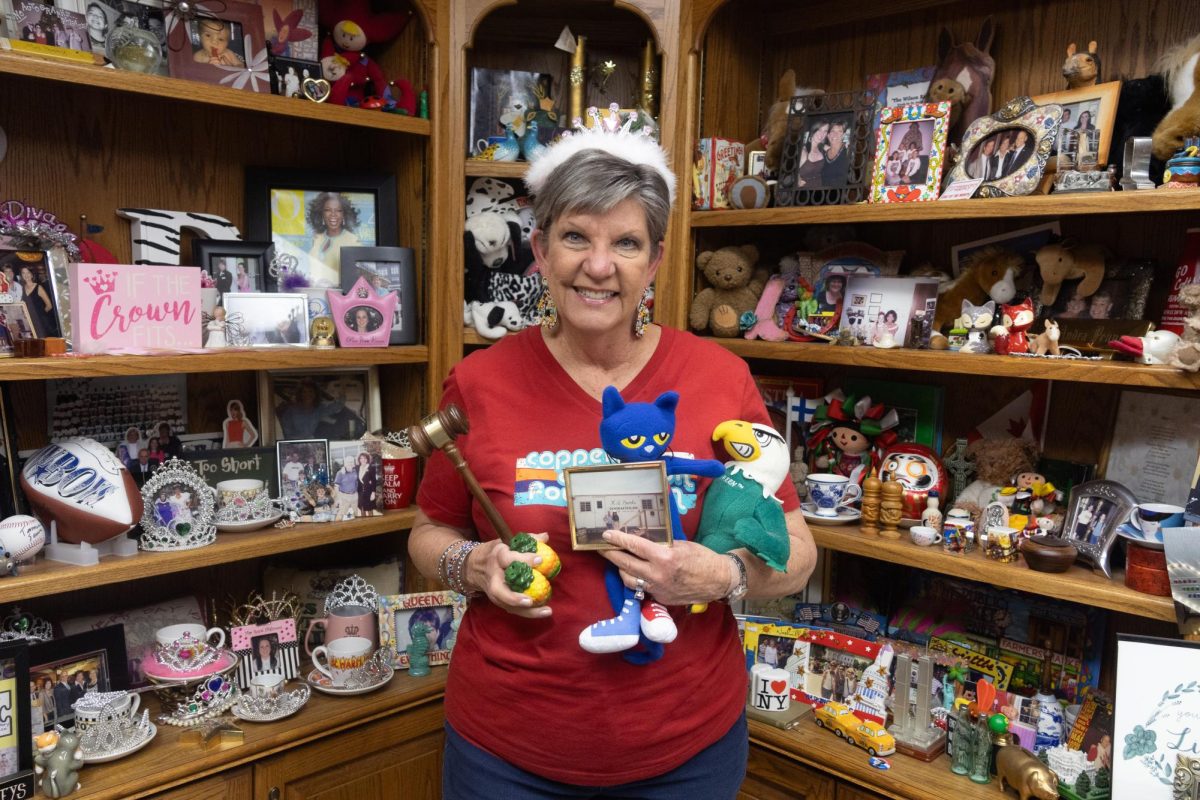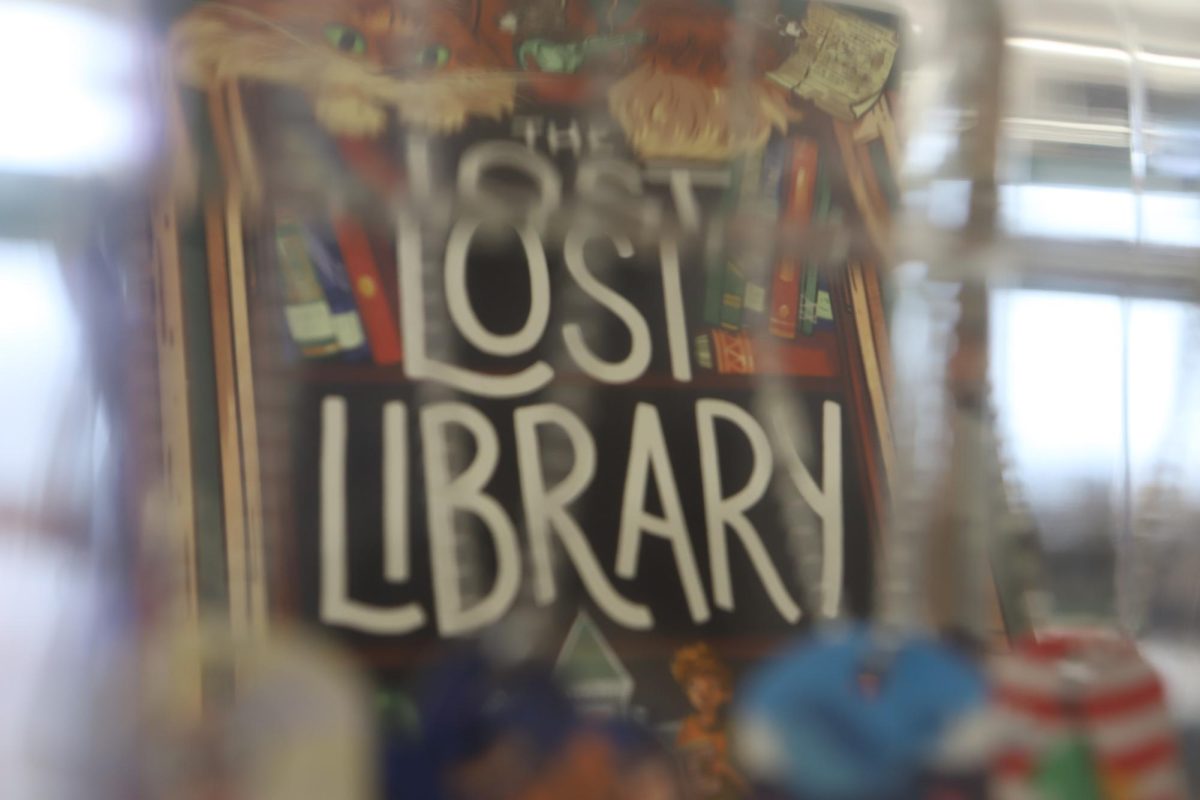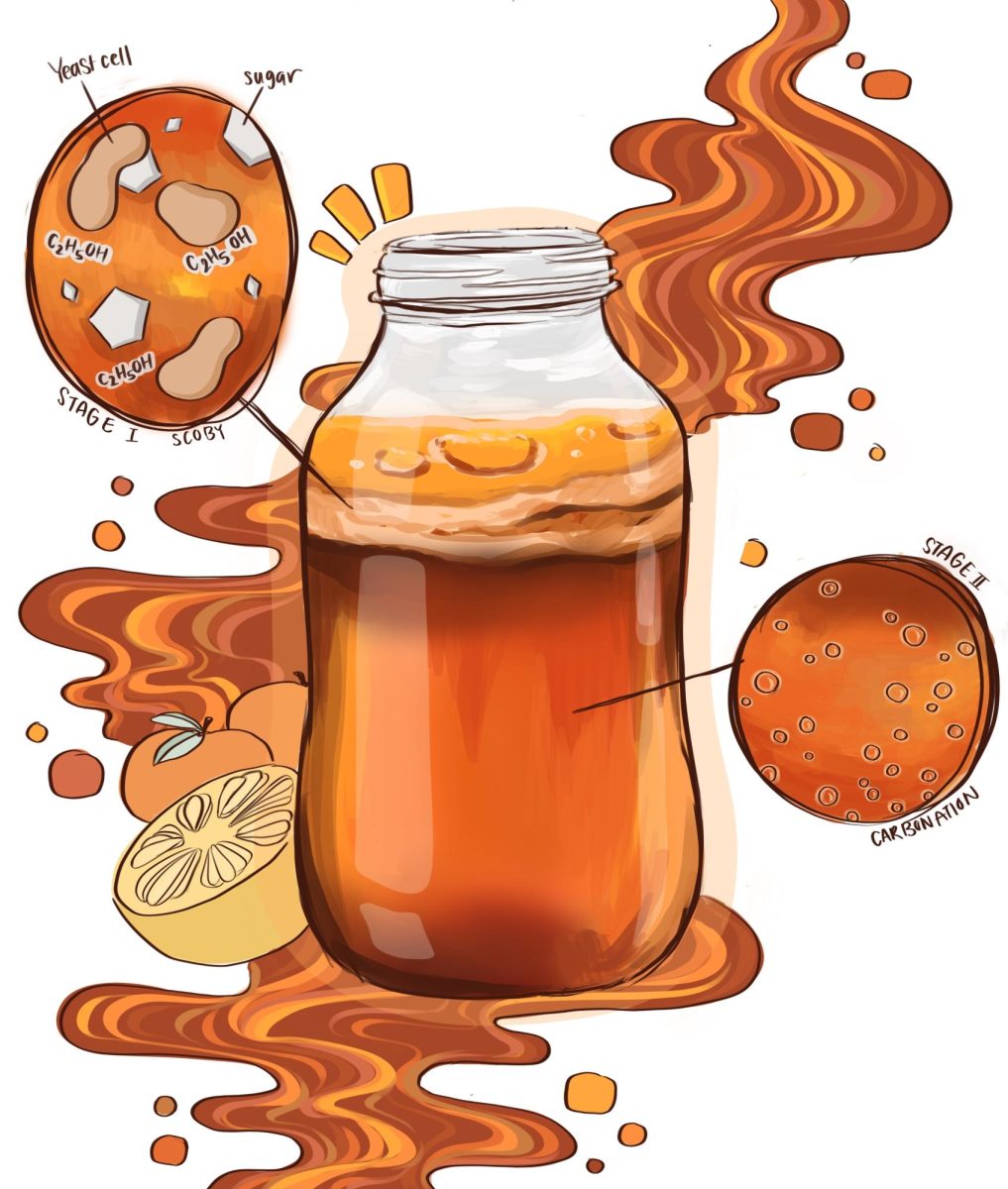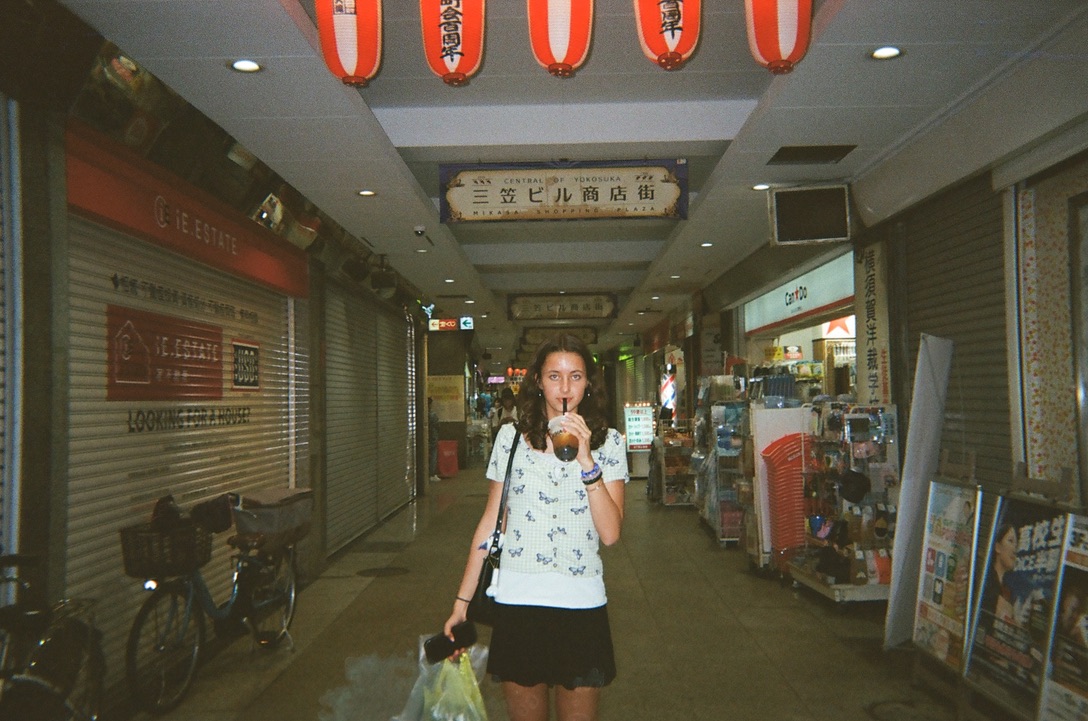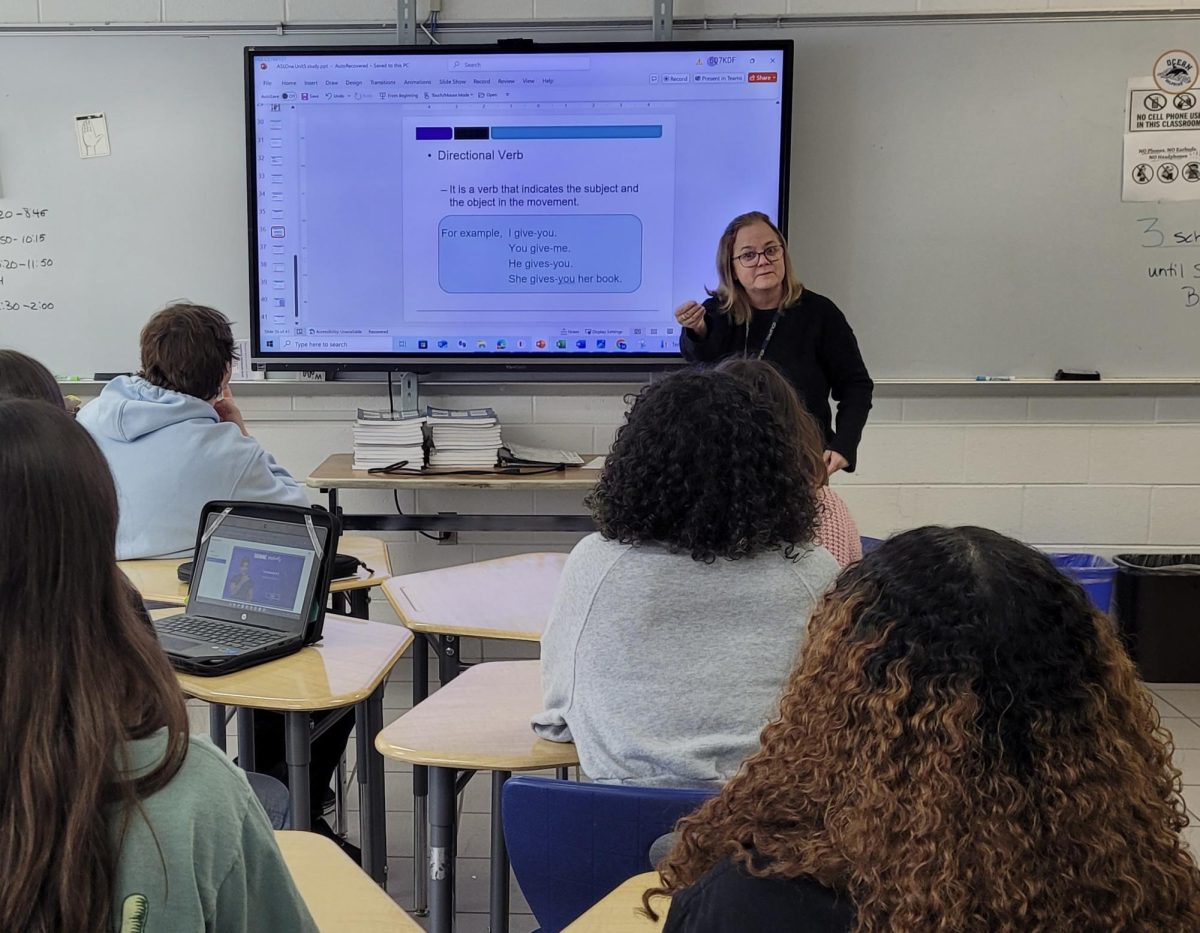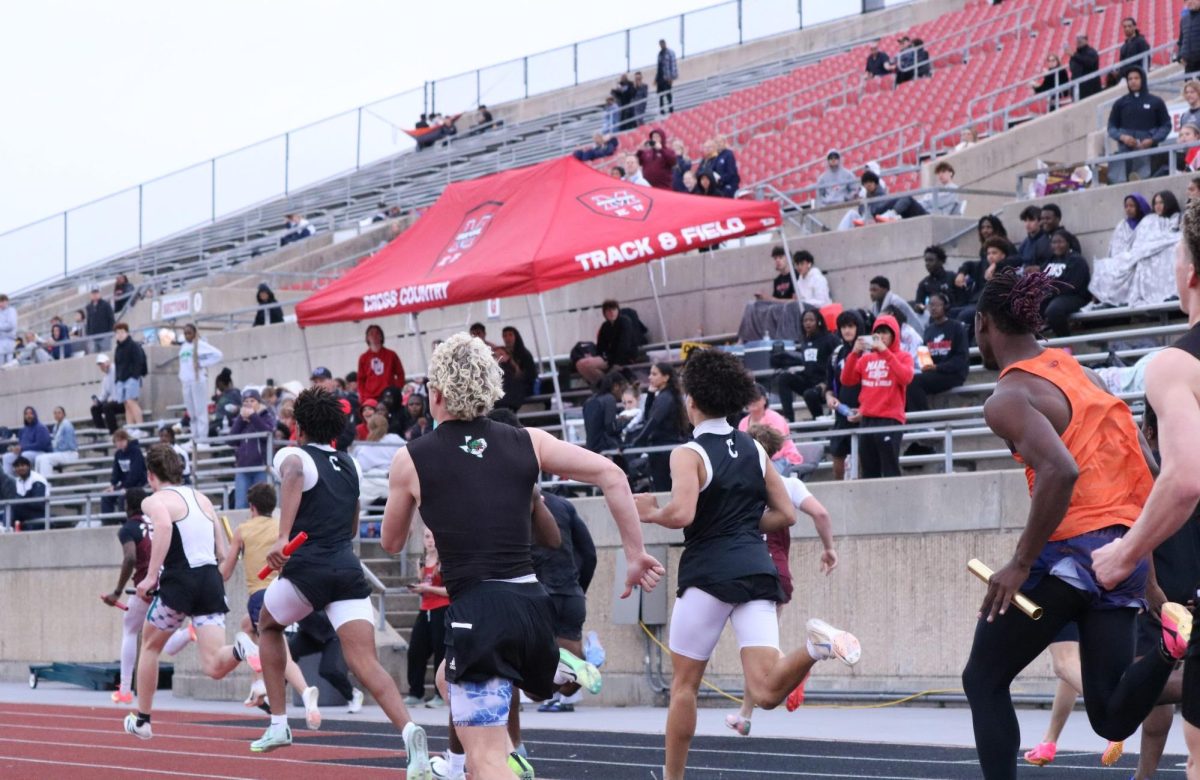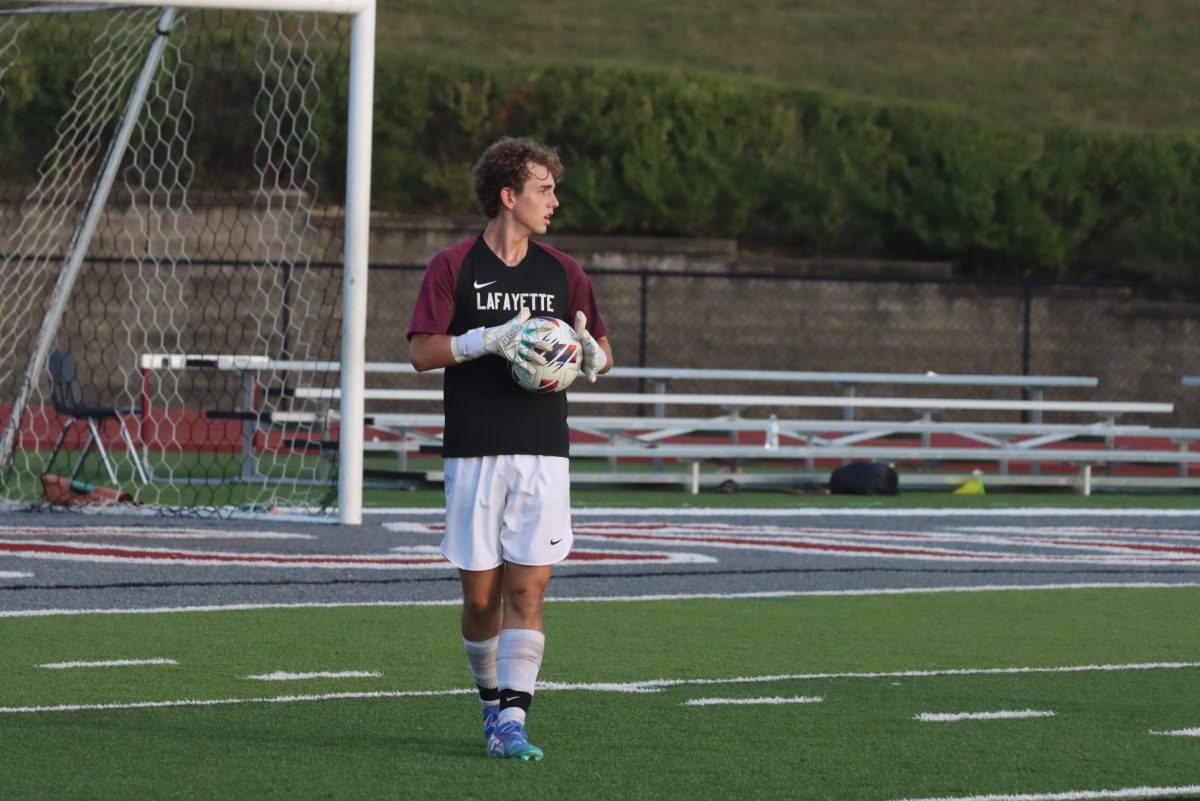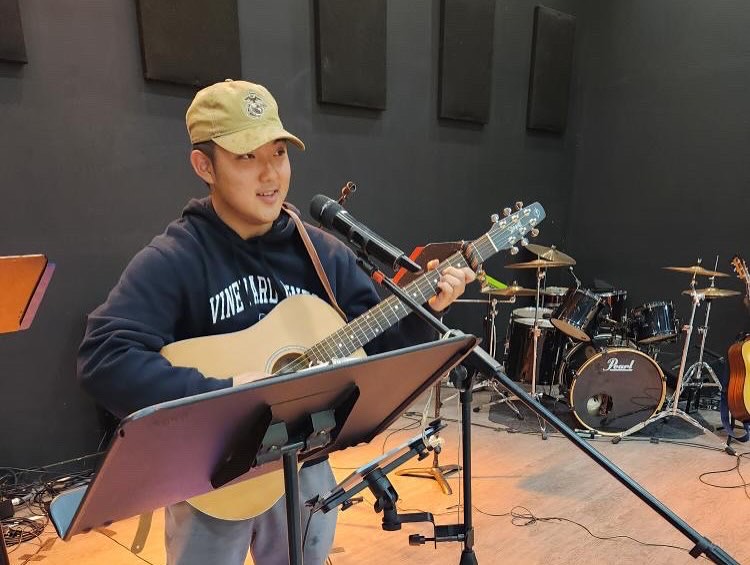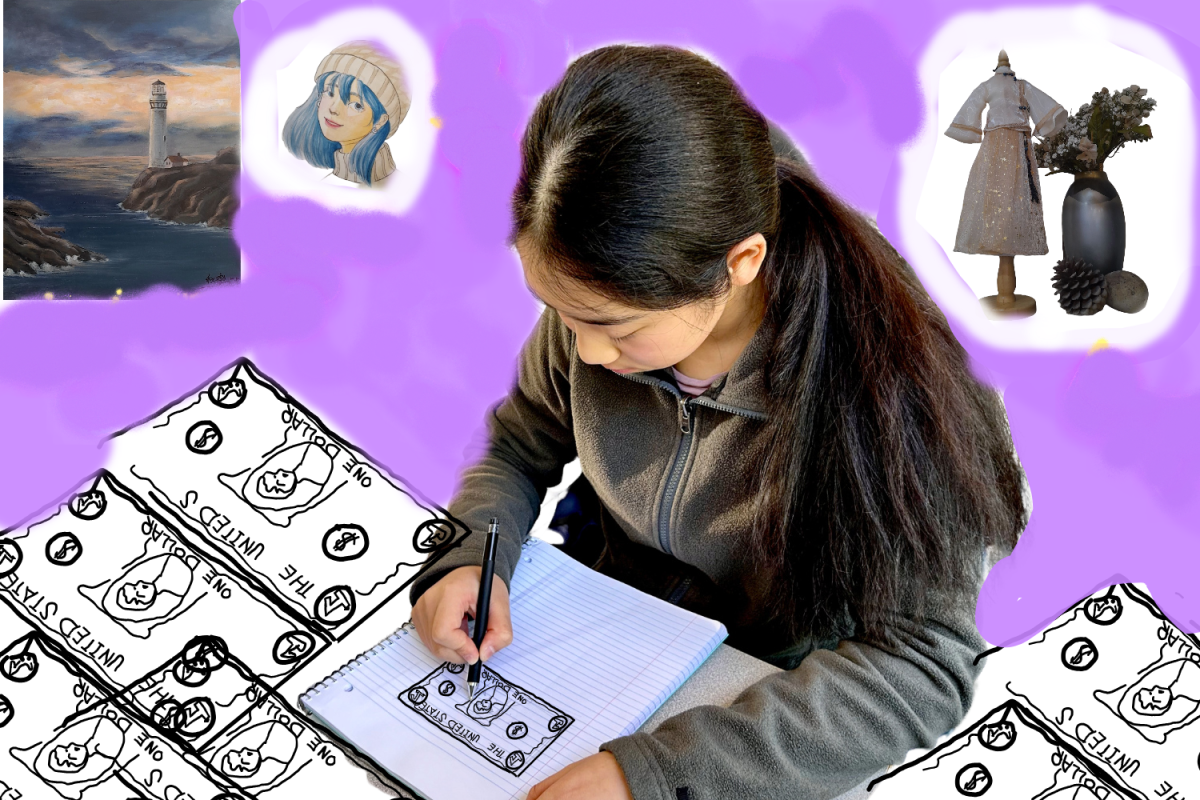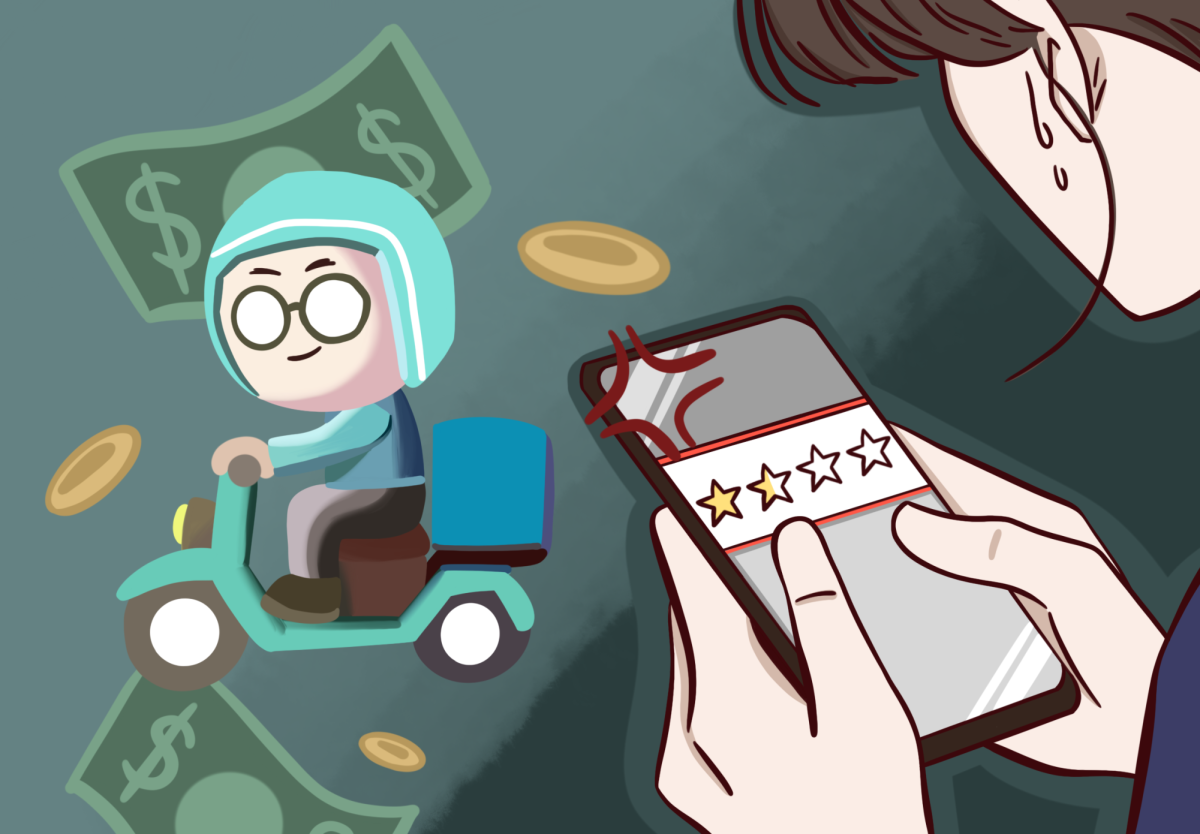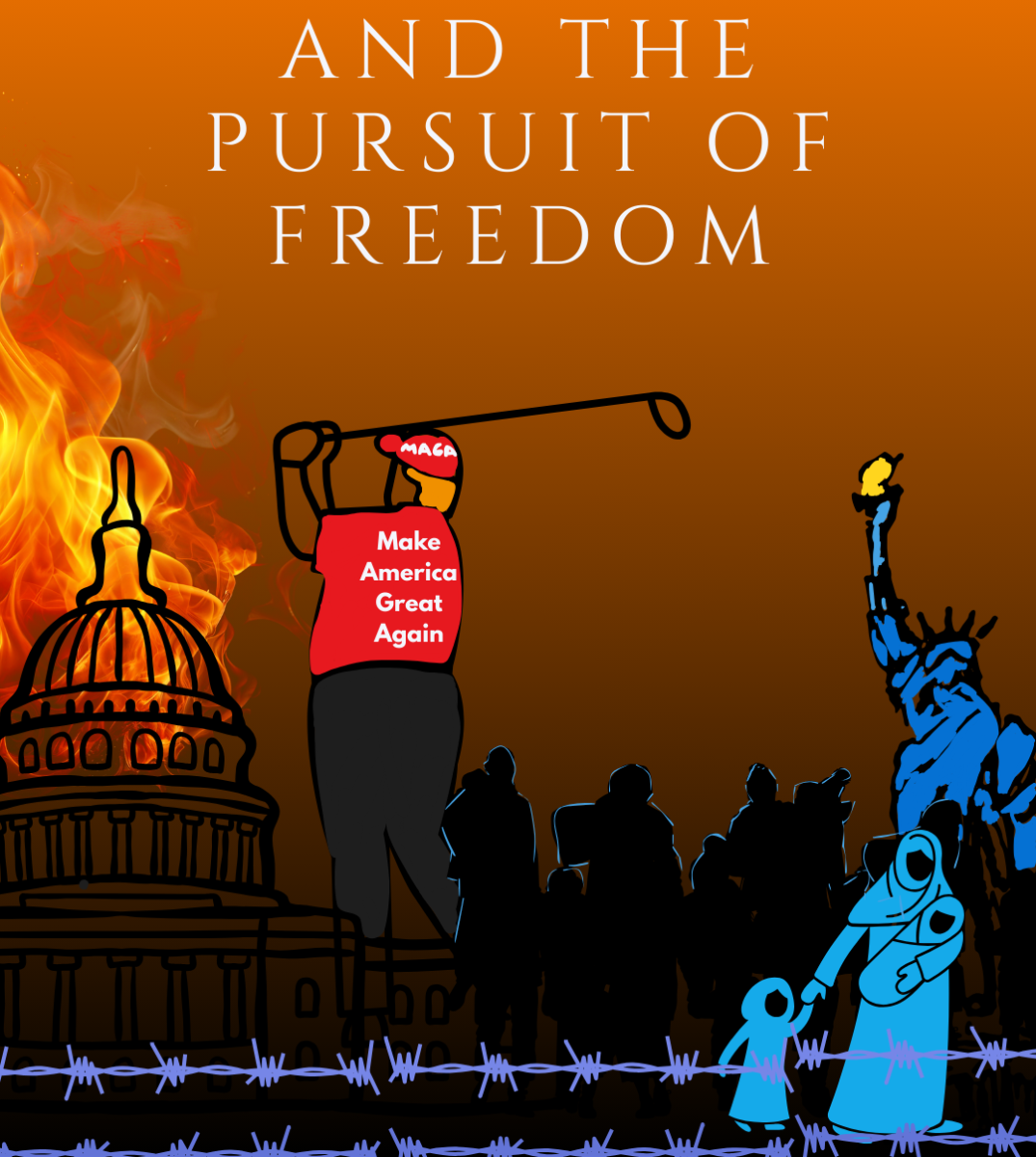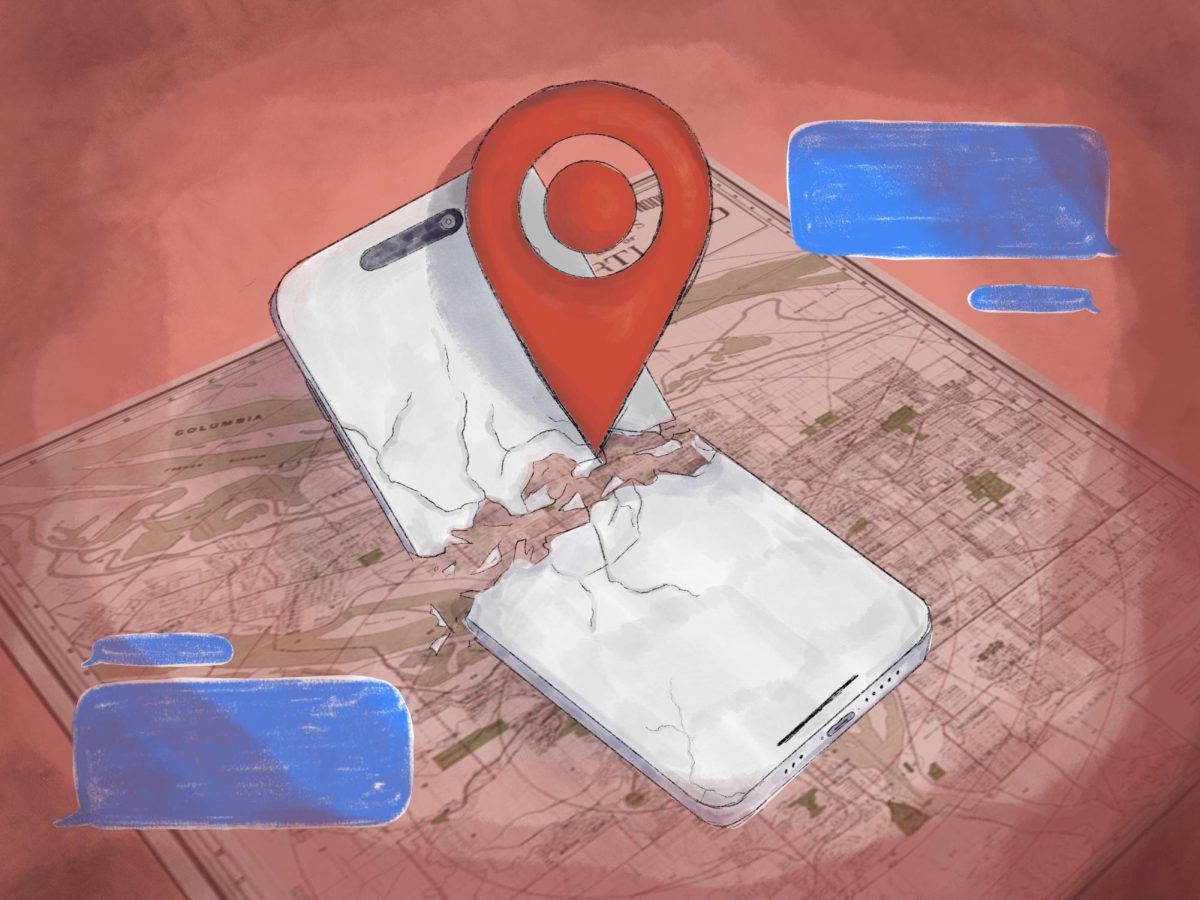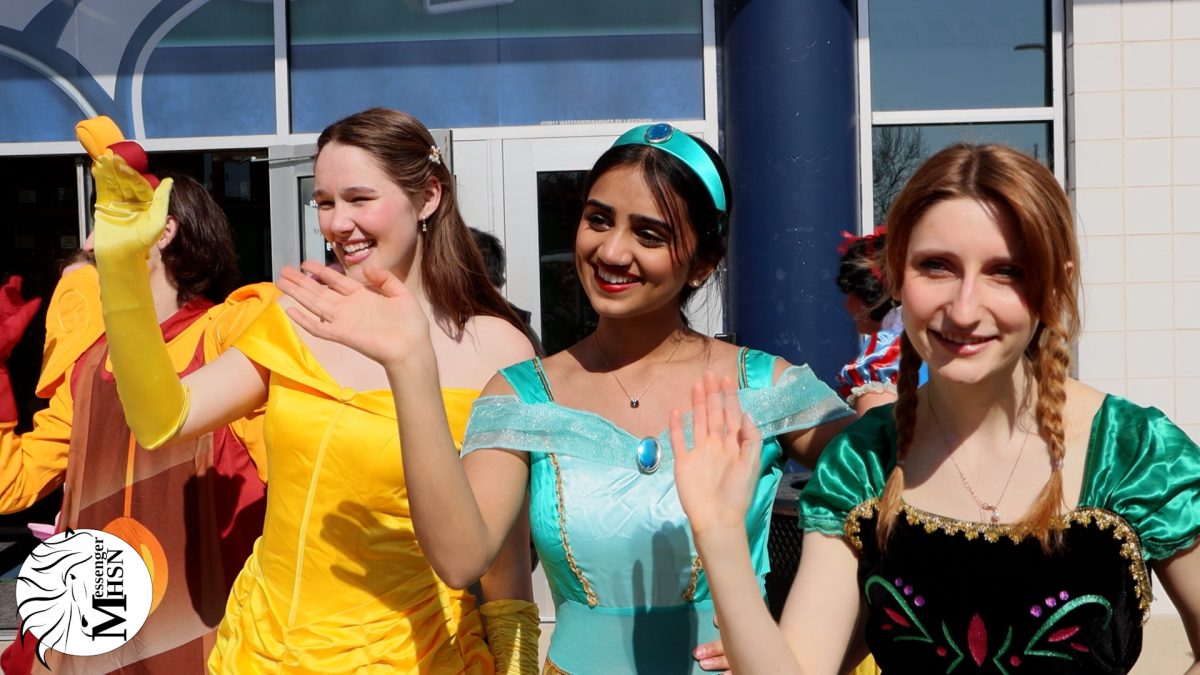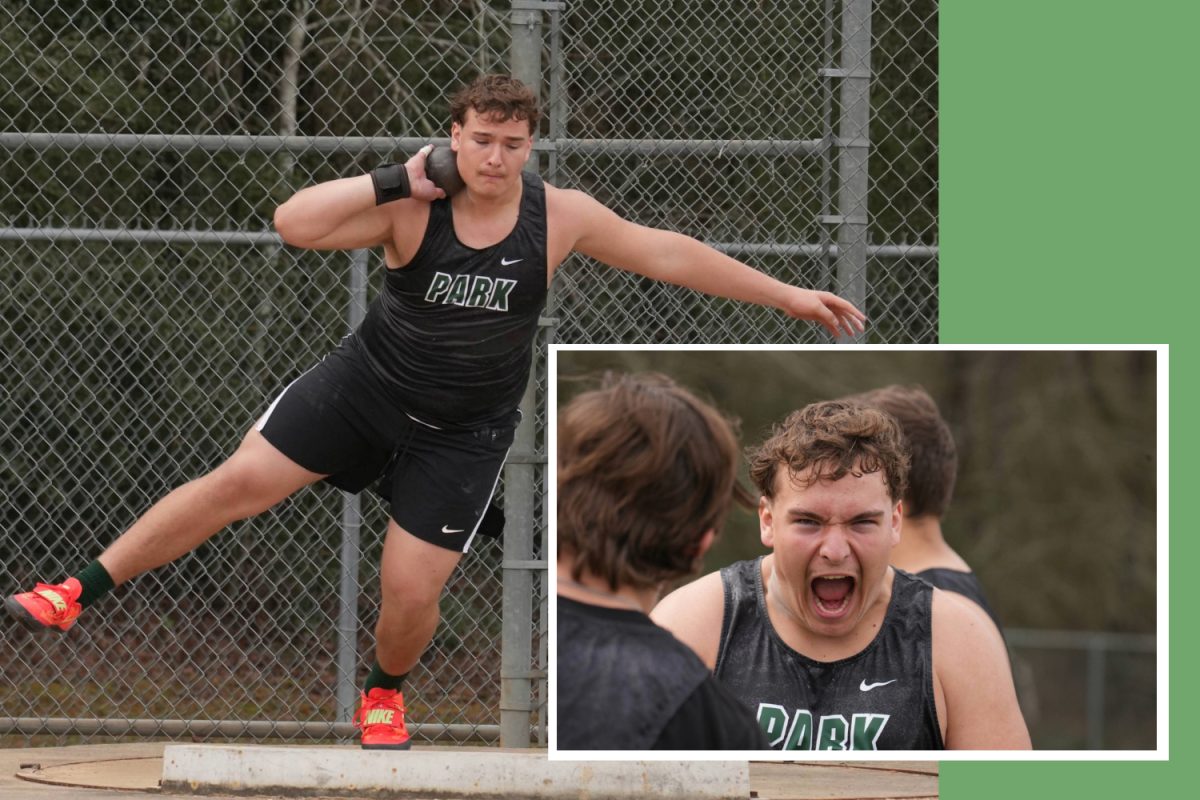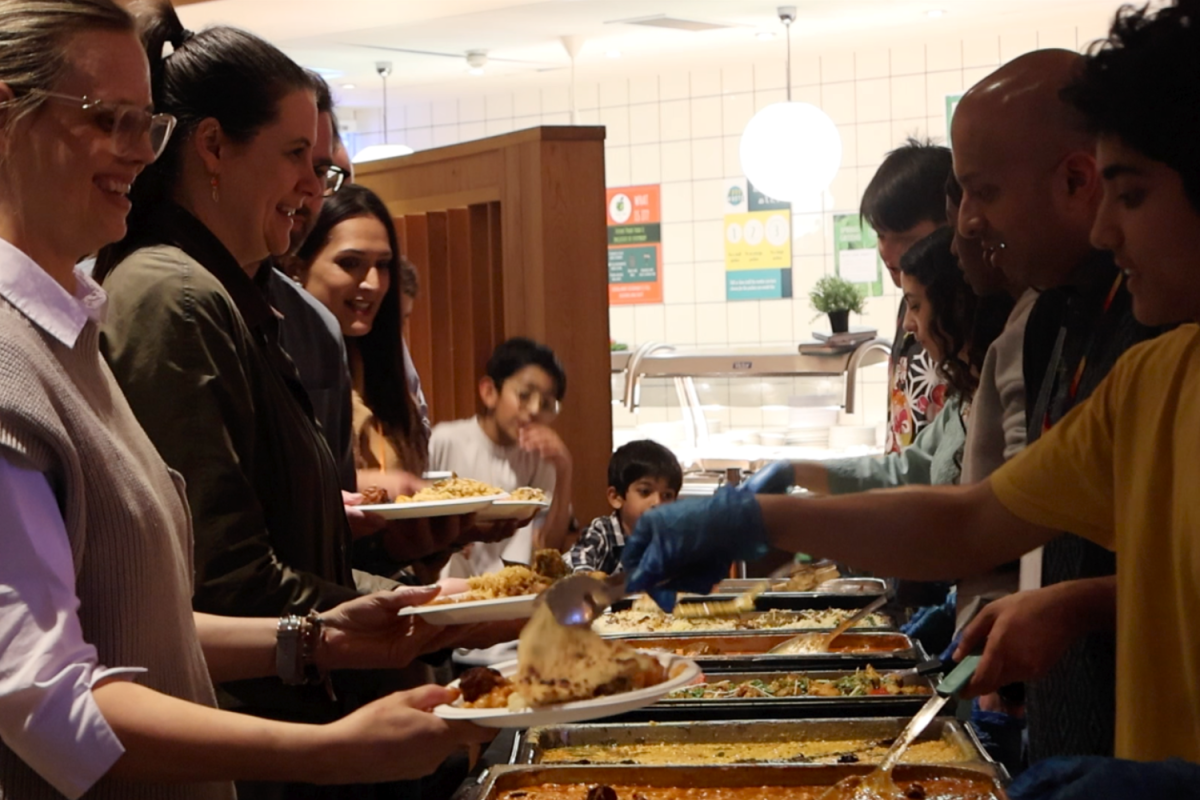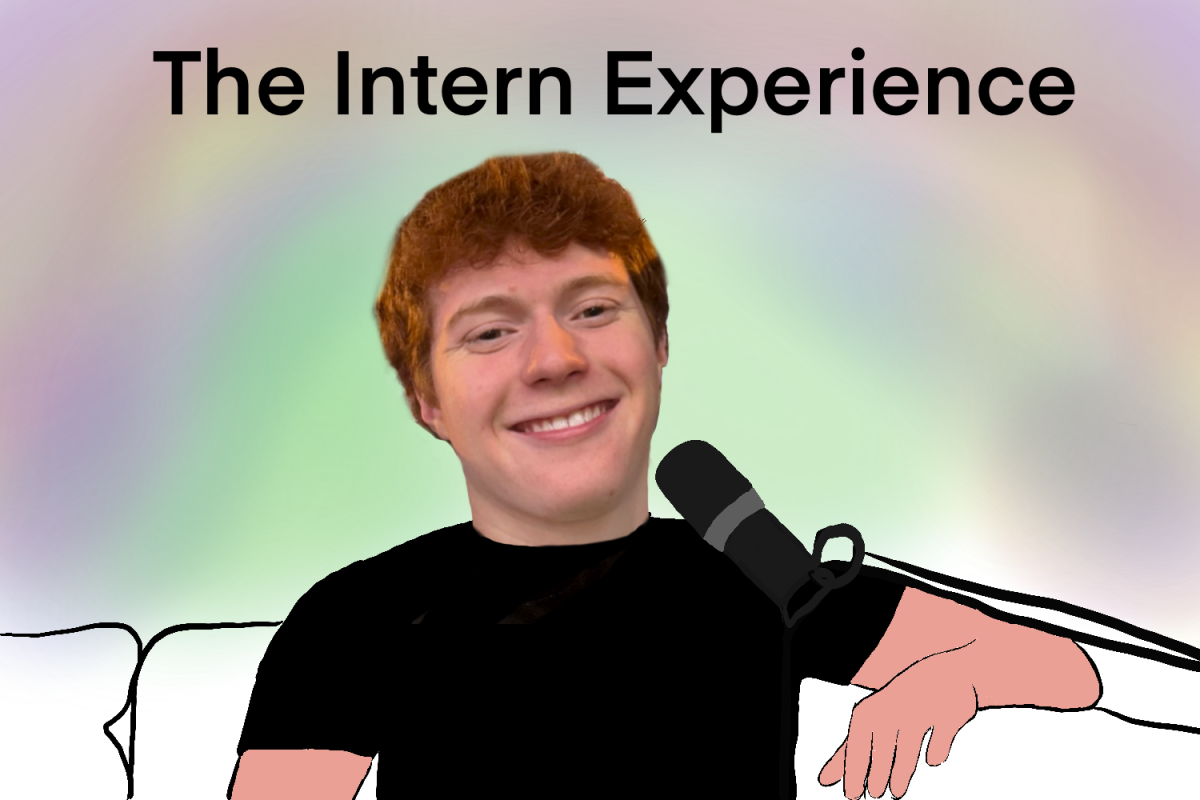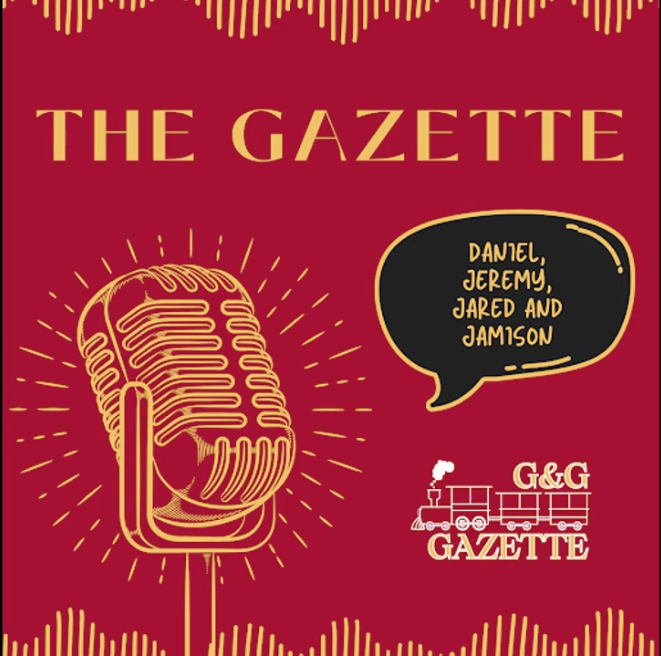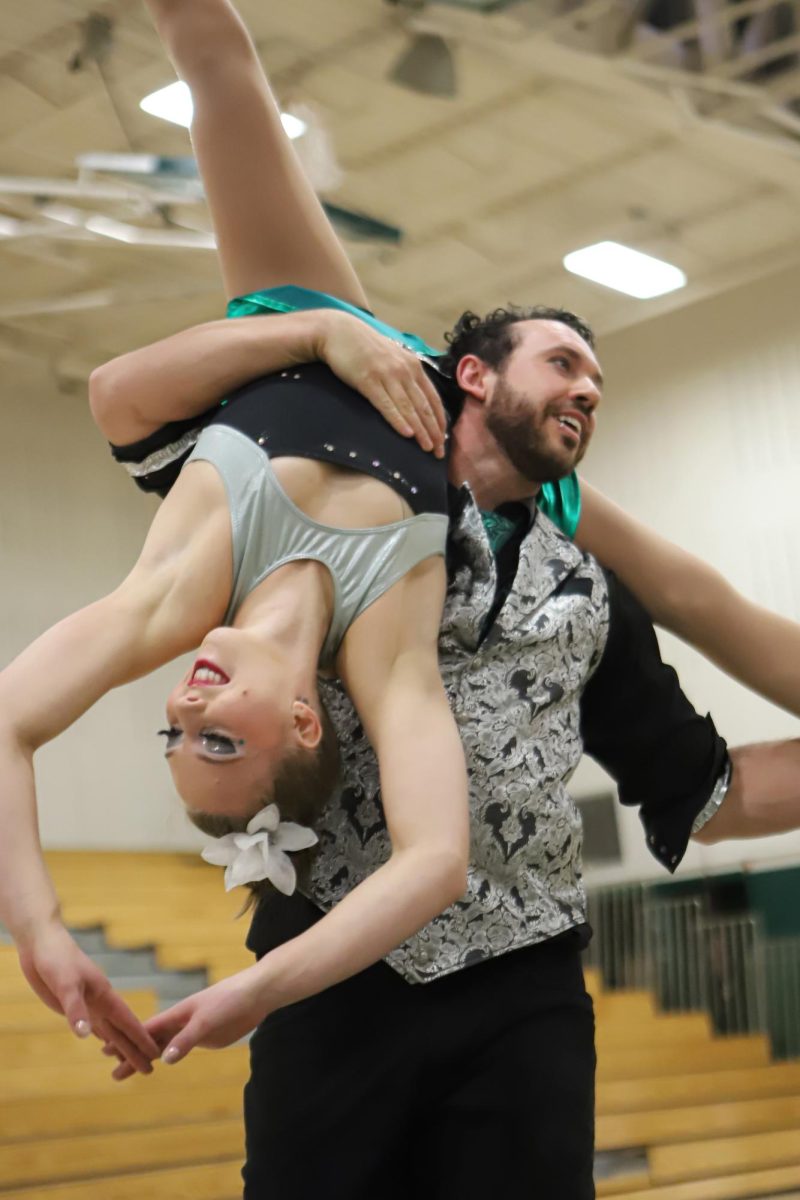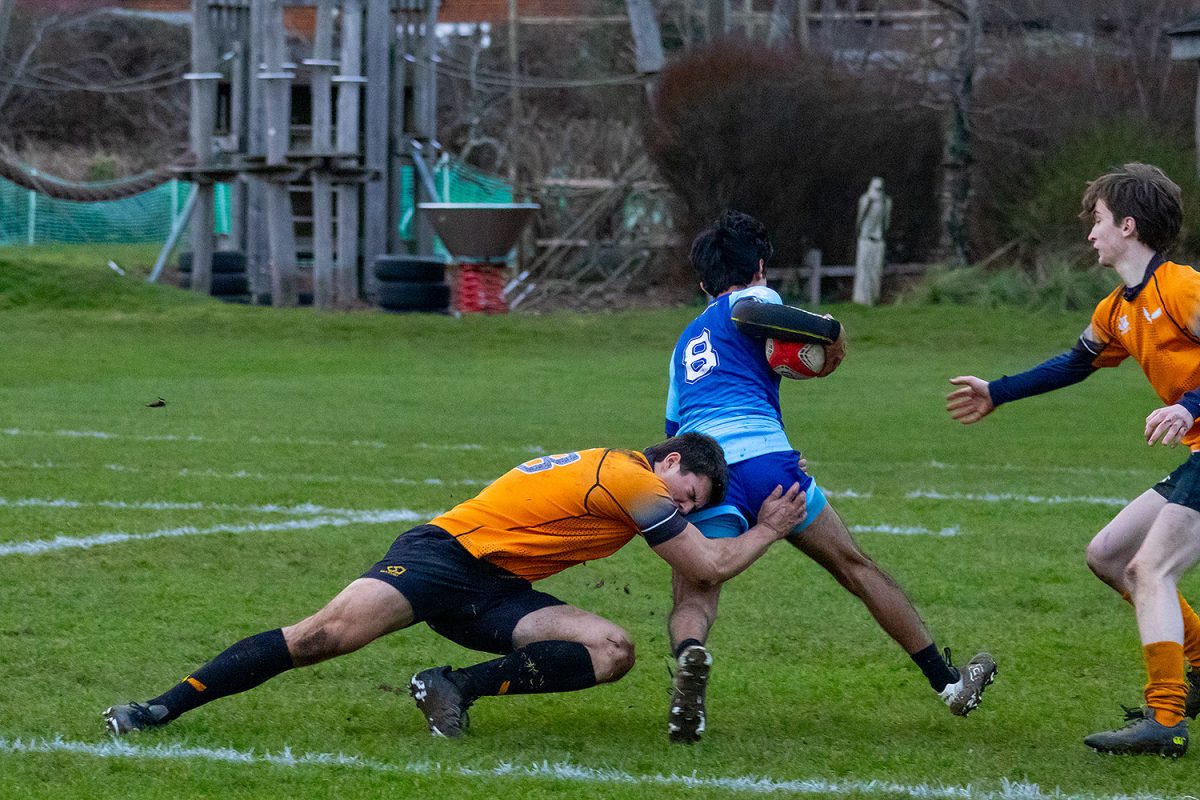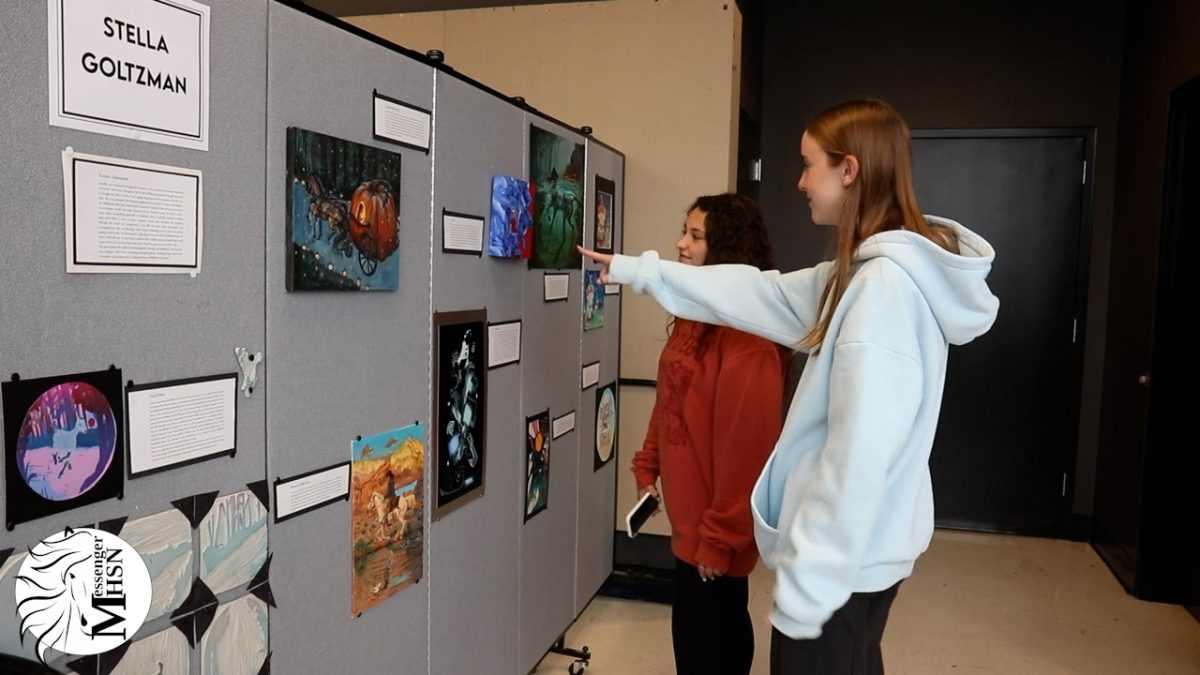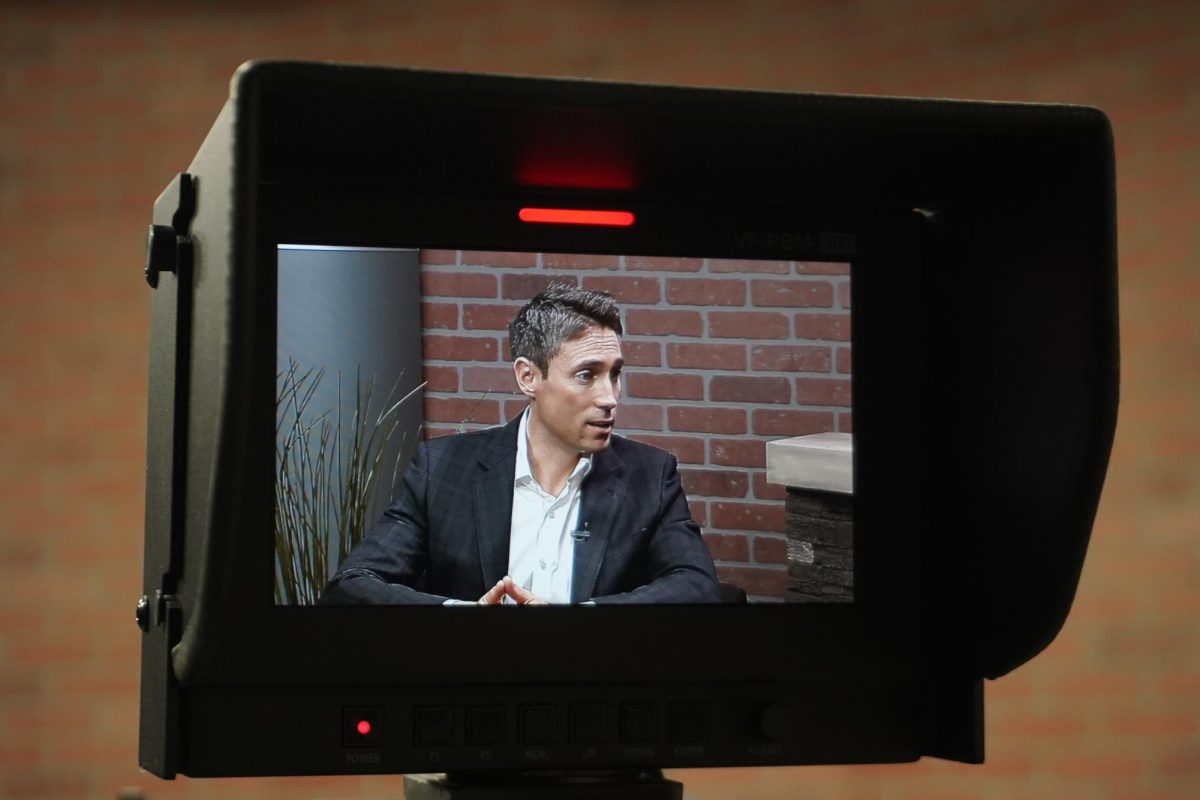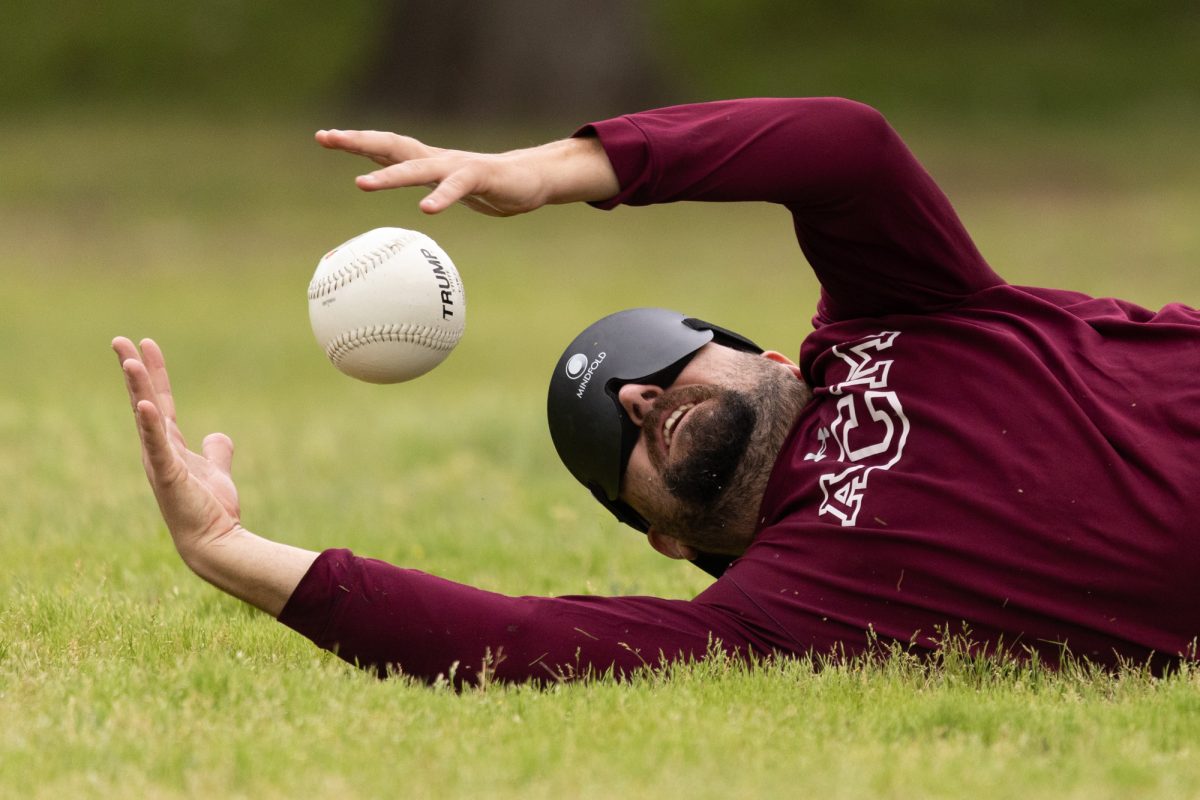Intro
Paula: 00:00 – 00:14
This is Paula Sibulo with GGX News and I’m here with a very special SF State alumnus. May I welcome my guest today, Emmy Award-winning journalist, ABC news anchor and correspondent Whit Johnson. Thank you so much for being here.
Whit: 00:15
Thank you. It’s my pleasure.
Interview
Paula: 00:16
How are you doing?
Whit: 00:17 – 00:24
I’m good. This is, like, really great. It’s like a blast from the past. But you have all these new tools and everything I’m excited to learn about. It’s a lot of fun.
Paula: 00:25 – 00:43
We’re glad you’re back. And, so I saw that you’re in Tampa this weekend. A very hard spot hit for Hurricane Helene. I was wondering what it was like being in the eye of the storm and also being the eyes and ears for the people down there watching a very tragic weather event unfold.
Whit: 00:44 – 01:04
Natural disasters are challenging in so many ways to cover, the one benefit that we have is it’s in the forecast so we know it’s coming, right? We’re able to get on the ground and get there early, and we get a bunch of resources in place and a bunch of snacks and literally like food to eat in case everything melts down and you need to hunker down for a while.
01:05 – 01:23
So it gives us a little time to prepare. Get a sense of where the storm is headed. Get a sense of the community ahead of time, where the high-risk areas are so you can go in with a bit of a plan. And so that’s what we did, thankfully for Tampa and the area where we were, it wasn’t a direct hit.
01:24 – 01:52
So we were there as the storm was for the first wave of the outer bands, the hurricane-force winds started hitting us as it came ashore but the worst of the storm went further north. For any natural disaster, you walk into it with a little sense of anxiety. Because you know what this could mean for the people who live there, and especially when you’ve covered multiple disasters like this, you’ve seen the worst of the worst.
01:53 – 02:32
So you just hope, like, okay, well, I hope that our stories get on the air and that everything’s fine. But really, like, you’re worried about the community and you’re worried about your own safety in all of that, too. It’s a lot to think about all at once. But you know, my primary focus is to stay committed to the story and to make sure that we’re doing everything we can to get the best information to the people who need it and people who are in the flood zone, evacuation zone, whatever it might be, and to make sure that we tell their stories, you know, in a way that is helpful to the bigger picture of the story, you know, who’s really being impacted by these storms?
02:33 – 02:45
So that’s our mindset going in. Thankfully, this time for us, we had a scary moment in the hotel. There was some flooding that night but we didn’t get it so bad. Some of the communities to the north, you know, had a really difficult time.
Paula: 02:46 – 03:03
I can imagine. And this is one of the many tragic stories that you’ve had to cover. One being you were the leading correspondent for COVID-19 for ABC’s coverage. How do you manage to put a new spin on tragic stories like these when the news is just constantly negative for a long, long time?
Whit: 03:04 – 03:29
The pandemic was tough because that was almost by accident that I ended up like the pandemic correspondent. I was actually covering the 2020 election leading up to that and it was right before Super Tuesday. And I remember, we were getting ready for a big Super Tuesday coverage. I’d been covering the Democrats, and I was supposed to cover Pete Buttigieg. Then the Sunday before he dropped out of the race.
03:30 – 03:42
And so I was walking through the newsroom, talking to my editor, I was like, well, wait a minute, what am I going to do on super, Super Tuesday? He’s like, I don’t know what you’re going to do but you know, this, this Covid thing looks pretty bad. And that’s going to be our lead tonight. You want to cover that story? So I switched over to that. At that time, there was an outbreak that happened in Seattle.
03:43 – 04:10
So I switched over to that. At that time, there was an outbreak that happened in Seattle. Then New York had its first case and then it was a day later— New York had this containment zone because there was this big outbreak. Next thing you know, that was my story for two years. Again, it was something that we thought, you know, was just going to be a few days. And the next thing you know, we didn’t have a day off for like the first three months when it went from 15 days to slow the spread, 30 days to slow the spread.
04:11 – 04:33
Next thing you know, there were, you know, shutdowns happening left and right and then, you know, and so it was a scary time. And that in particular, because the whole world was shutting down around me, you know, even my colleagues, half our staff was, you know, going home and they weren’t supposed to leave. And I was still the guy going out. And, you know, before we knew really how this virus is spreading.
04:34 – 04:55
I was going out to the hospitals and talking to people who were sick and who had it and who were dying. So that was a really interesting moment in my career. And, you know, all you can do for me personally, I always think about everything from just the perspective of, you know, a husband and a father, you know, because that’s just that’s who I am now.
04:56 – 05:26
That’s my identity. I’m a dad. And so as I’m talking to people, I’m thinking about, you know, families and how this is impacting families who are separated, who can’t see each other for one reason or another. So I always try to approach the story from that way, but it’s hard to not feel it. And I’m human.
I feel these stories. But you have to stay steady and deliver it, in a meaningful way. You can’t get distracted. You can’t let your feelings, you know, take away from how you approach and tell the story.
Paula: 05:27 – 05:47
And that’s a great responsibility. You’re not only covering locally but nationally as well. But news hasn’t always been on that big of a scale for you in your career. You went from Washington to Utah to LA to New York. Tell me, how did SF State kind of set you up for such a successful career in broadcast news?
Whit: 05:48 – 06:16
I think here it was a matter of access to equipment and people. And that’s what I say to students all the time — take advantage of all these resources you have around you. Take advantage of the professors and the people who come and speak to you at school. We had local reporters and anchors come and talk to us and those are some of my most memorable moments. I was at the edge of my seat. I’m like, ‘Tell me how you got your first job. How did you do it? Do you get nervous? Are you scared of things? Was there ever a time when you thought you weren’t good enough?’
06:17 – 06:28
So I followed up with some of those folks, and I followed up with professors, and I continued to ask questions, and I continued to figure out what it is that I needed to learn to be able to do this job.
06:29 – 06:49
You have a great program and a great department here. The question is, how do you take advantage of these resources for you? It’s generally not enough to just show up and turn in your homework on time. You need to use this equipment on a regular basis so it becomes second nature and that this is —it’s something that you just know how to do.
06:50 – 07:00
And so I would say that SF State prepared me by giving me access to the tools, the equipment and the people who could help me do this job.
Paula: 07:01 – 7:10
And your passion for broadcasting didn’t just start at SF State. It started with your stepfather’s radio show. What about his career made you say, I want to do this for my career.
Whit: 07:11 – 07:27
And I didn’t even know what it was that I wanted to do initially when — when I watched him on the radio and on television, I just knew that I was fascinated with TV and radio — broadcast in general. I thought it was amazing that millions of people would listen to someone talk.
07:28 – 07:51
I mean, my stepdad was a doctor and he was like, you know, you do these medical minutes and millions of people would just listen to him talk. And he’s a great talker. Like, I mean, don’t get me wrong. I learned so much from him. But I was just fascinated. Well, what is it? What is it about this human connection? I want to know more about it. And what I’ve found throughout the course of my career is the power of storytelling.
07:52 – 08:12
We want as a society, we want to hear stories. We want to be, you know, look, when something’s difficult, we want to know, you know why it’s difficult. ‘How did you get through it? What got you through it? What do I need to learn to protect myself? Protect my family?’ You know, putting together stories that relate to people.
08:13 – 08:34
You know, the things that I always think of, it’s like, okay, your money, your health, your safety. Right? These are like the types of things that people want to know about. So what if I’m telling a story I’m thinking about: how can that story impact people directly? And so I just, you know, I developed a passion for it over time.
08:35 – 09:03
And, you know, I’m proud of what we do. We’re at this pivotal moment when I think, you know, journalism’s under fire, this hyper-political environment that we’re in. But I still believe in what we do so much that, like, I, you know, I want to encourage the next generation to say, ‘Hey, don’t just give up, you know, let’s find a better way,’ you know, let’s find a better way, more engaging way to tell these stories, you know, and I want to be part of of that evolution.
Paula: 09:04 – 09:20
Well, that broadcasting gene definitely runs in your family. It’s not just your stepfather, it’s you and your wife. I was wondering, how do you guys manage to balance work and home life having, you know, a wife and two daughters with the demanding workload of a journalist?
Whit: 09:21 – 09:47
That is the question I’ve been waiting to hear all day because it is incredibly difficult. I don’t know that I have it figured out. I don’t know that anybody has it figured out. You know, I’m in my 40s, I still work weekends and holidays and I work 20-hour days. I get called and pulled out of weddings and sent on the road all the time. You know, my wife and I had — when we first got into this business and when we first got together, I was in Yakima.
09:48 – 10:17
Okay? I didn’t think that, like, I was going to my — my definition of success back then was like, ‘Will someone keep paying me to do this job anywhere, let alone like the network level?’ So as we approach this together, it was — our rule was: like our jobs, love each other. Right? Separate career from job. The job is where you’re physically working at that time. But the career is television news journalists, right?
10:18 – 10:35
You don’t need one specific job to have the career, right? So if one of us got an opportunity that was too great to pass up, we pursued it and the other one would have trust and faith in their abilities that they would pick something up wherever they went. And that’s what happened.
10:36 – 10:56
And, you know, my wife and I lived in five states plus D.C., and we managed to each move around and get jobs. When I took this job at ABC, she took a step back and freelanced. So now she’s freelancing and that gives us more of that work life balance that we were talking about. But I know we don’t have a ton of time, but I want to tell you one story about balancing life and work.
10:57 – 11:24
I quit network news in 2012 after I was at CBS because I was afraid — my wife became pregnant and I was on the road 200 days out of the year. I was a news puppy at CBS News in Washington, D.C. I was very young at the time, struggling to make a name for myself. And I thought, ‘there’s no way I can be a good father and do this job.’
11:25 – 12:01
And I had opportunities at other networks at ABC and NBC. But that time I decided to go back to local news and people thought it was crazy. They’re like, ‘You’re in Washington. You’re like a network correspondent. You’re going to go back to local news?’ And so I went back to LA and I became an anchor there. Not only was that better for my family but actually helped my career because I got to go back and anchor in a large market at a high level that had lots of breaking news all the time, and it actually ended up benefiting my career more than when I went back to network news, I was much more prepared and comfortable in my own skin and who I was as a storyteller.
12:02 – 12:19
So that’s one example where, like, you’re going to have to make choices and make sacrifices, and you might be surprised that sometimes what you think might be a choice against your career ends up helping your career. For me, again, I mentioned before, my identity, you know, is not just I’m a journalist but I’m a dad.
12:20 – 12:46
That is my life. I take that mindset into the stories that I tell and I feel stories a different way because of that. But you have to make incredibly difficult choices. I would say always choose family and love first. The rest of it will sort itself out. You know, my wife and I have been married 17 years and we’ve had the craziest life.
12:47 – 13:02
We’ve been all over the place but we’re best friends. She’s my partner. You know and I would walk away from this job in a heartbeat if it was going to threaten that — threaten my ability to be there for my girls.
Paula: 13:03 – 13:22
Well said. And building off of the choices that you make for your career, my last question for you is you were born in San Francisco, raised in San Francisco, you love the Niners, but you never came back to the Bay Area. So I want to know what influenced your decision to pursue opportunities outside of the Bay Area, if that was your plan?
Whit: 13:23 – 13:43
You know, my plan initially was to get back to the Bay Area. This is where I wanted to be. But I couldn’t get a job here. Like nobody wanted to hire me. Nobody in San Francisco wanted to hire me. And frankly, the market was just too big for somebody out of college to be on camera. I mean, you’ll hear rare stories that somebody started as a producer and then ended up on TV.
13:44 – 14:11
That’s not the path. That’s not the typical path. Those are anomalies. Those are outliers. I encourage people to not pursue that right? I needed to go to these smaller markets and small towns to learn and grow at my own pace. If I didn’t go to these places then I wouldn’t have been ready when the moment came. I think a challenge for a lot of people who get into this business is knowing where they truly are.
14:12 – 14:31
Right? Everybody wants to like, go for the big thing, shoot for the moon. I want this, I want that, but sometimes you can get an opportunity too soon. And if you’re not ready for it, then you could be exposed as not being prepared and that could end up damaging your career. And you might have to take a step back at some point.
14:32 – 14:50
So for me, every step of the way was an important part of the process. And I would learn and grow. I kept looking back at San Francisco, there are moments — after Salt Lake, I spoke to my old news director atKGO. I’m like, ‘Hey, what do you think?’ — and he was like ‘Emm’— and I was like, okay, well, I got two network opportunities.
14:51 – 15:08
I got two opportunities in LA. It’s going to skip the whole San Francisco thing and go pursue this. And that’s so that’s what I did. And I ended up in DC. And then at that point, I even thought about coming back to the Bay Area after I was at CBS. But then the opportunity came up in LA. It was a better opportunity so it just never happened.
15:09 – 15:27
I still love San Francisco. I still love my Niners. You know, even though I watched them lose in the Super Bowl, which was incredibly painful but no, I’m still a Bay Area dude through and through, but, but I don’t know if I’m gonna be moving back anytime soon.
Paula: 15:28 – 15:33
Well, that said, I’m really glad you’re back in San Francisco, even if it’s just for the day. Thank you Whit for being here. It’s really been a pleasure having you here.
Whit: 15:34 – 15:36
Thank you. Pleasure’s all mine. It’s really been great. Thank you.
Outro
Paula: 15:37 – 15:53
And for the viewers watching who want to see Whit Johnson in action this weekend, tune in to ABC’s Good Morning America and World News Tonight, where he will be anchoring in New York. Thanks for joining me in San Francisco, Paula Sibulo, GGX News.
This story was originally published on GoldenGateXpress on October 5, 2024.

